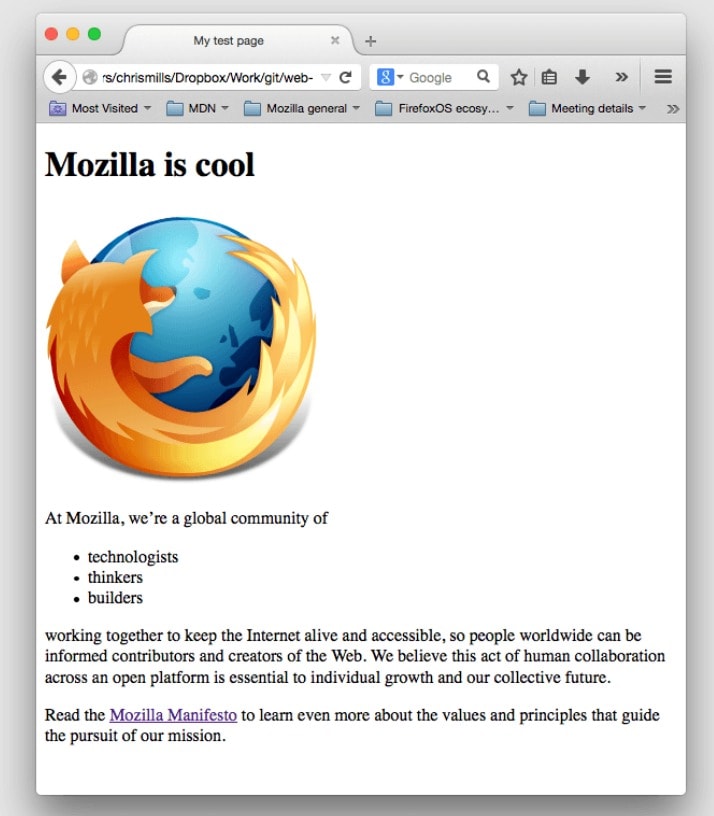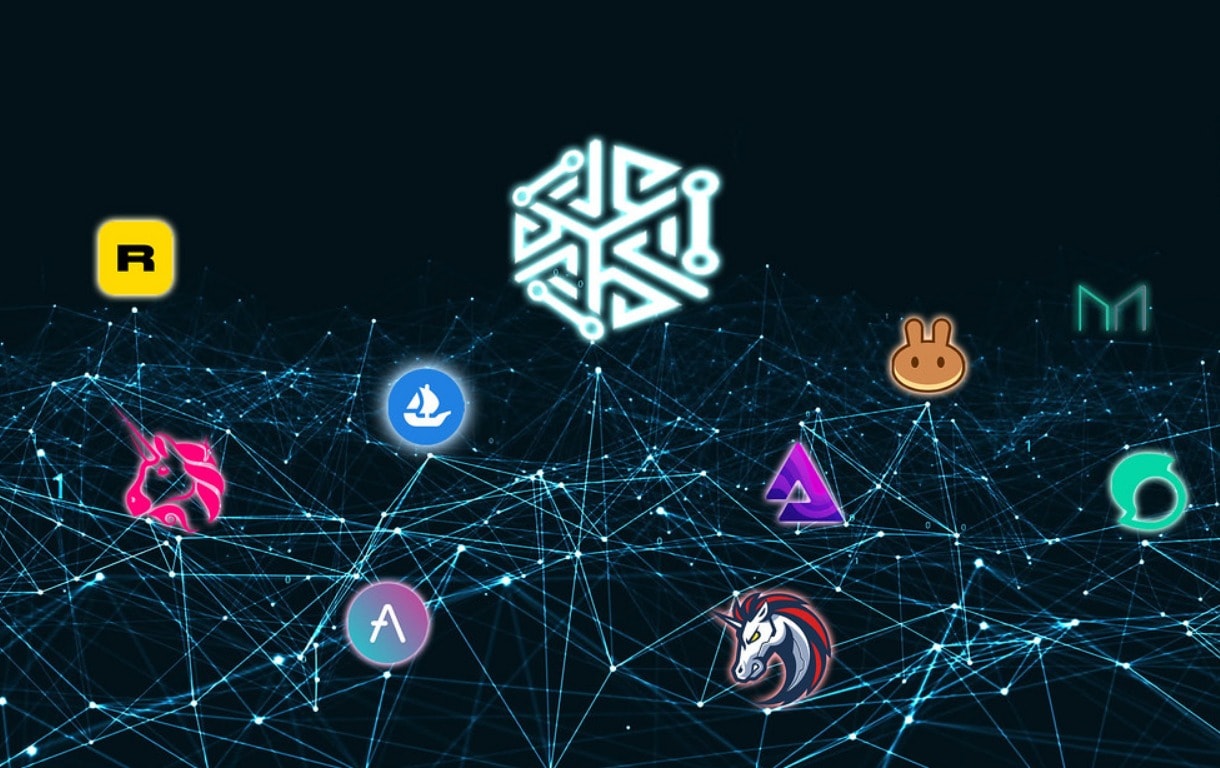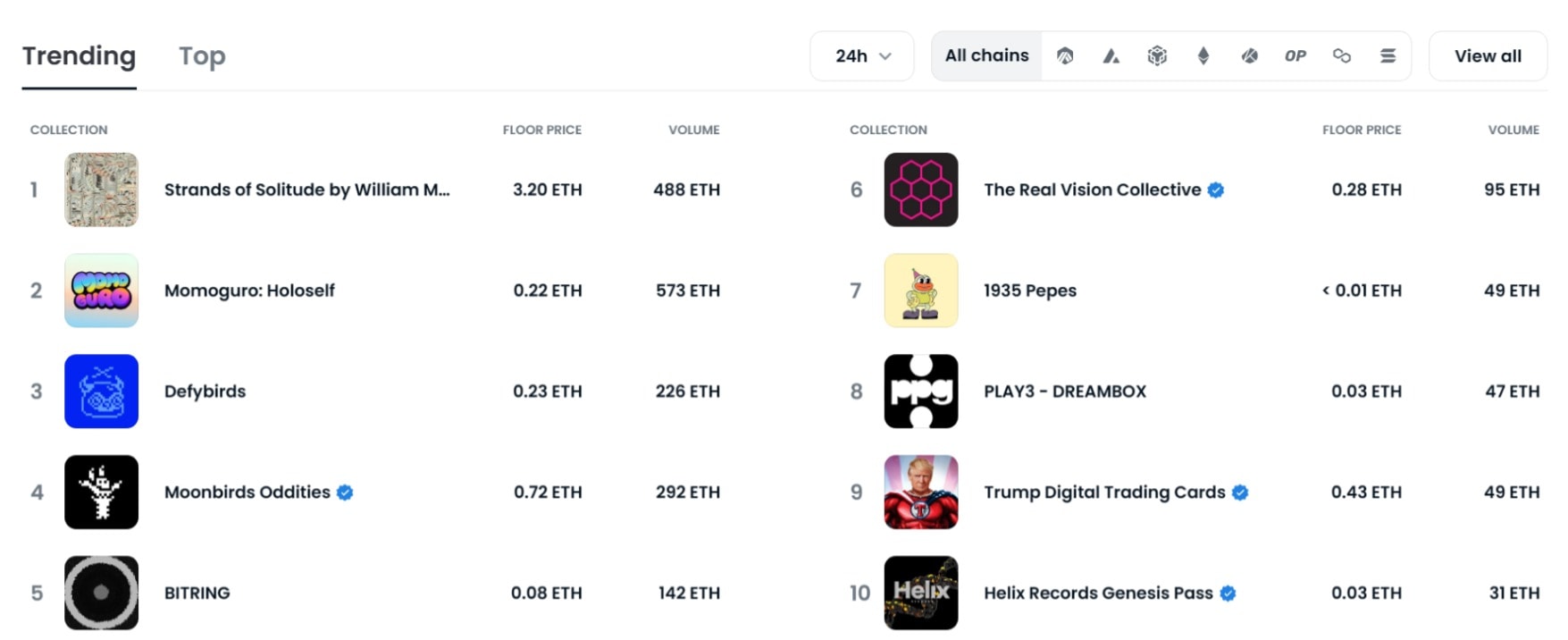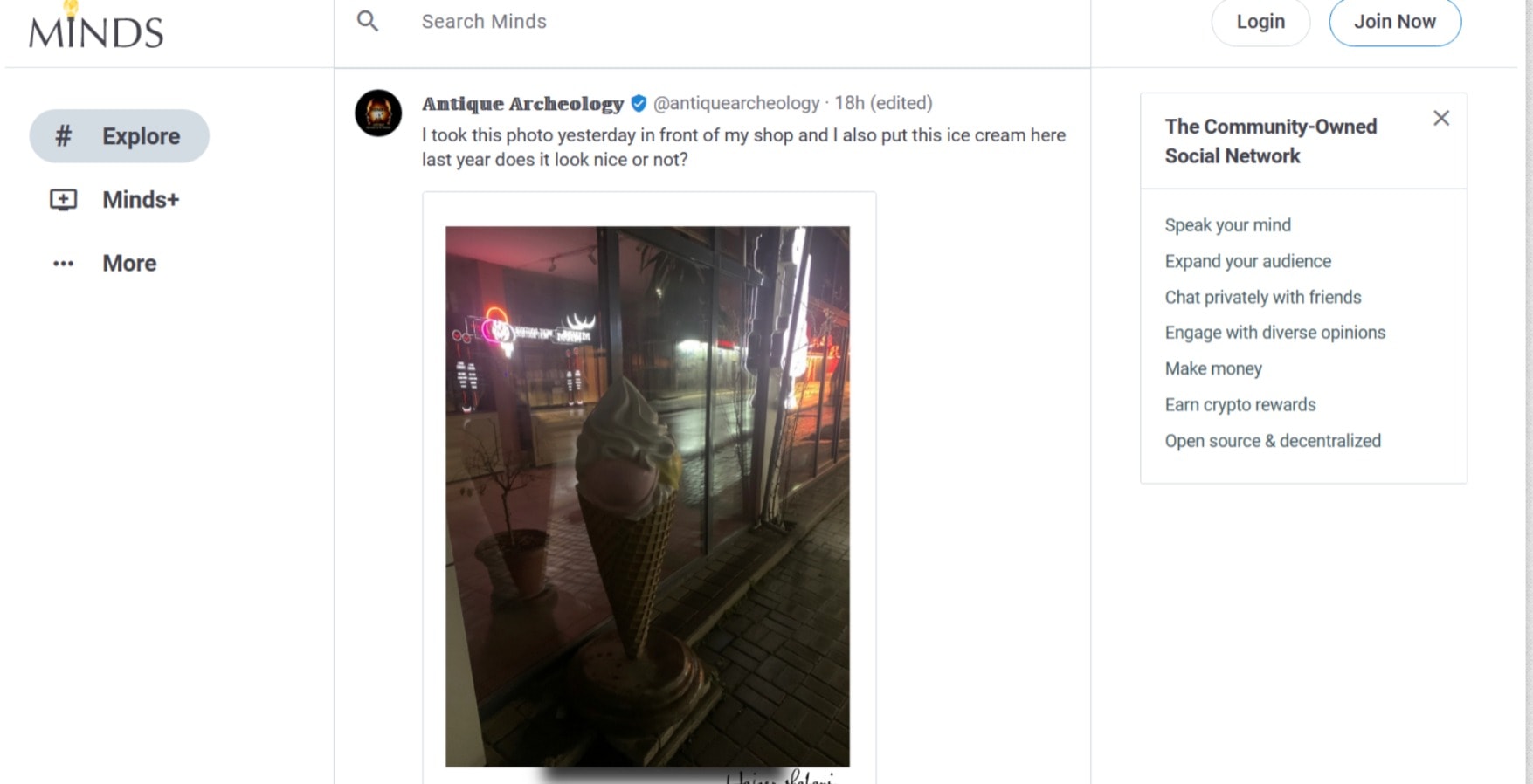In recent years, the web has evolved, moving from Web 1.0 to Web 2.0 and now Web 3.0.
The latest iteration, Web 3.0, is more focused on decentralized systems and technologies like blockchain, smart contracts, and distributed apps.
This new era presents a plethora of opportunities for entrepreneurs looking to build businesses around these technologies.
In this article, we will explore five profitable business ideas in the web 3 niche.
Introduction to Web 3.0
Web 3.0 is all about decentralization and democratization. It provides an opportunity for individuals to take back control of their data and online experiences.
The technology behind Web 3.0, such as blockchain and smart contracts, enables the creation of decentralized systems that are more secure, transparent, and trustworthy.
This opens up a range of opportunities for entrepreneurs to build businesses that cater to these emerging technologies.
Before we jump into what web 3.0 is all about, let us take a look into the evolution from Web 1.0 to Web 3.0.
Evolution of Web 3.0
The web has come a long way since its inception in the 1990s. From the static pages of Web 1.0 to the dynamic and interactive web applications of Web 2.0, we are now entering the era of Web 3.0, where the internet is becoming more decentralized and powered by blockchain technology.
Web 1.0: The Static Web
Web 1.0, also known as the static web, was the first iteration of the web. During this era, websites were mainly composed of static pages that were designed to display information in a one-way manner.
Websites were created using HTML, and the web was primarily used for reading and consuming content.
Web 1.0 was characterized by its lack of interactivity and user-generated content.
Websites were created by a small group of developers, and users had little to no control over the content on the web.
Web 2.0: The Dynamic Web
Web 2.0, also known as the dynamic web, marked a significant shift in the way we use the web.
With the advent of dynamic web applications, users were given more control over the content on the web, and the web became more interactive.
Web 2.0 was characterized by the emergence of social media, blogs, wikis, and other user-generated content platforms.
Websites were no longer static, and users could interact with each other, share content, and create their own content.
Web 2.0 also saw the emergence of cloud computing, which enabled web applications to be run on remote servers, freeing up computing resources on local machines.
You may also Read
- Is Affiliate Lab Good For Beginners? Does Affiliate Lab Teach You how To Find A Great Niche?
- What Is Niche Market And How To Find Yours?
- FindNiche.com Review | Best Dropshipping Niche Analytics Tool?
- WordPress Cherry Framework Themes for Niche Business
Web 3.0: The Decentralized Web
Web 3.0, also known as the decentralized web, is the next iteration of the web. Decentralized applications and services can be created using blockchain technology, which enables the use of blockchain technology.
Web 3.0 is all about decentralization and giving users more control over their data and online identities. With Web 3.0, users will no longer have to rely on centralized platforms to store and manage their data.
Instead, they will be able to use decentralized storage solutions that are more secure and transparent.
Web 3.0 also enables the creation of decentralized applications that are powered by smart contracts.
These applications are designed to be more secure, transparent, and automated than their centralized counterparts.
5 Most Profitable Business Ideas for Web 3.0 Niche
Business Idea 1: Decentralized Finance (DeFi) Platform
Decentralized finance, or DeFi, is a rapidly growing sector in the Web 3.0 space. DeFi platforms are built on blockchain technology and use smart contracts to create financial applications that are more transparent, secure, and accessible than traditional finance.
Examples of DeFi platforms include lending and borrowing platforms, decentralized exchanges, and prediction markets.
Entrepreneurs can build DeFi platforms that cater to specific niches, such as real estate or small business lending.
They can also create unique DeFi products that leverage blockchain technology to provide new financial instruments and services.
Business Idea 2: NFT Marketplace
Non-fungible tokens (NFTs) are digital assets that are unique and non-interchangeable. They are created using blockchain technology and are used to represent anything from digital art to collectibles.
NFTs have gained popularity in recent years, with some selling for millions of dollars.
Entrepreneurs can build NFT marketplaces that enable creators to sell their digital assets directly to buyers.
They can also create NFT-based games or social networks that leverage the uniqueness and scarcity of NFTs to create engaging experiences.
Business Idea 3: Decentralized Cloud Storage
Cloud storage is a rapidly growing industry, with companies like Google and Amazon dominating the market. However, these centralized storage solutions are vulnerable to hacks and data breaches.
Decentralized cloud storage solutions, on the other hand, leverage blockchain technology to create more secure and transparent storage systems.
Entrepreneurs can build decentralized cloud storage solutions that cater to specific niches, such as enterprise or personal storage.
They can also create unique storage solutions that leverage blockchain technology to provide additional benefits, such as increased privacy or data ownership.
Quick links
- How To Grab Competitors Traffic Analyzing The Niche With This Tool
- Niche Scraper Review
- Why Do Customers Buy From Niche Stores Instead Of AliExpress?
Business Idea 4: Decentralized Social Network
Social networks like Facebook and Twitter have become an integral part of our daily lives. However, these centralized social networks are often criticized for their lack of privacy, censorship, and data ownership issues.
Decentralized social networks, on the other hand, are built on blockchain technology and provide a more secure and transparent alternative.
Entrepreneurs can build decentralized social networks that cater to specific niches, such as professionals or hobbyists.
They can also create social networks that leverage blockchain technology to provide additional benefits, such as increased privacy, data ownership, and reward systems.
Business Idea 5: Blockchain-based Supply Chain Management
Supply chain management is a complex process that involves multiple stakeholders and is often prone to errors and fraud. Blockchain technology can be used to create a more transparent and secure supply chain management system.
Entrepreneurs can build blockchain-based supply chain management solutions that cater to specific industries, such as food or fashion.
They can also create unique solutions that leverage blockchain technology to provide additional benefits, such as increased efficiency, transparency, and traceability.
FAQ’s on Web 3.0
What is Web 3.0?
Web 3.0 is the third generation of the web, characterized by decentralization and the use of blockchain technology.
What is DeFi?
DeFi stands for decentralized finance and refers to financial applications built on blockchain technology.
What are NFTs?
NFTs are non-fungible tokens, which are digital assets that are unique and non-interchangeable.
What is decentralized storage?
Decentralized storage refers to storage solutions that are built on blockchain technology and are more secure and transparent than centralized storage solutions.
What is blockchain-based supply chain management?
Blockchain-based supply chain management is a system that uses blockchain technology to create a more transparent and secure supply chain management process.
Final thoughts on Web 3.0
The evolution of the web from Web 1.0 to Web 3.0 has been marked by significant changes in the way we use the internet.
While Web 1.0 was primarily focused on consuming content, Web 2.0 allowed for user-generated content and interaction.
Now, with Web 3.0, we are entering an era of decentralization and increased user control over their data and online identities.
As the Web 3.0 ecosystem continues to mature, entrepreneurs and businesses are presented with unique opportunities to innovate and create new services and products.
The emergence of blockchain technology has opened up new possibilities in finance, social networks, and supply chain management, among others.
In order to succeed in the Web 3.0 era, businesses will need to be adaptable and open to experimenting with new technologies and business models.
The decentralized nature of Web 3.0 means that traditional business models may need to be reimagined, and new business models may emerge that are better suited to the needs of users in this new era.
Overall, the evolution of the web has been a journey of innovation and change.
As we enter the era of Web 3.0, we can look forward to even more exciting developments and new opportunities in the world of technology and entrepreneurship.









